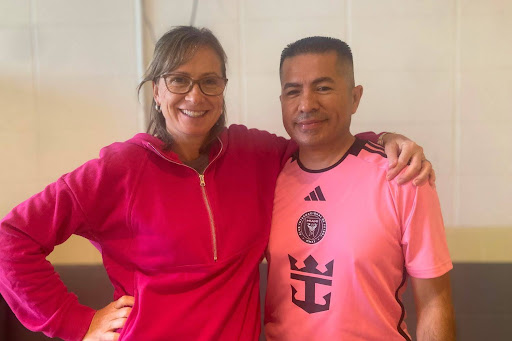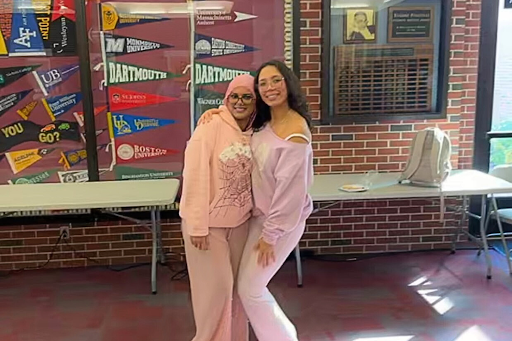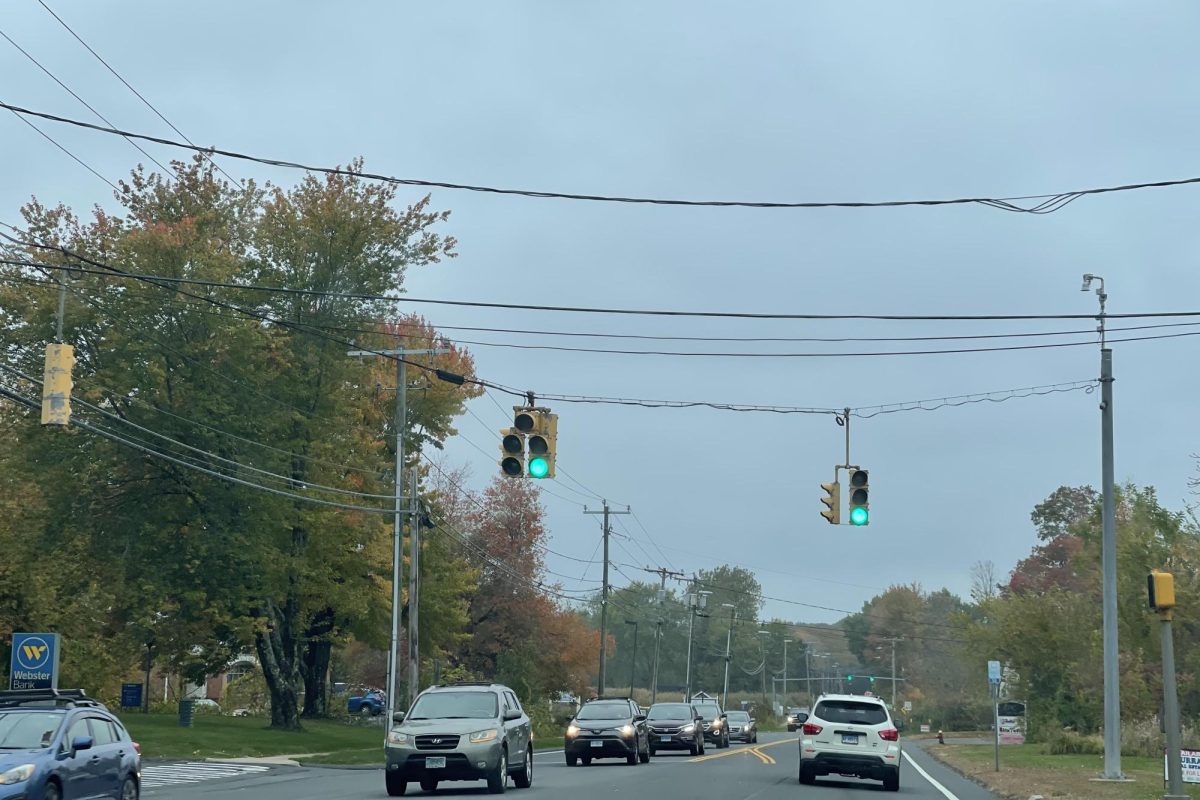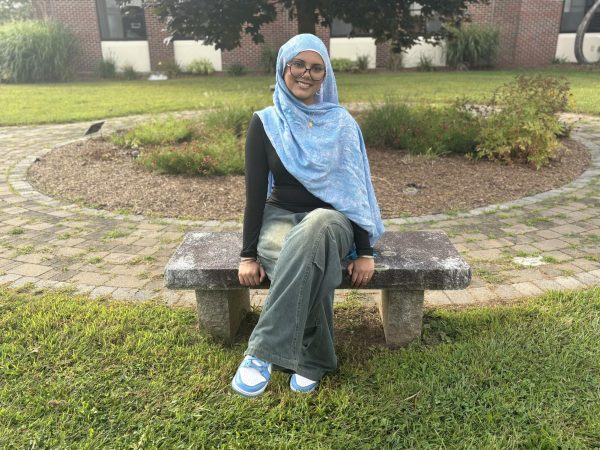
Every October South Windsor turns pink. Millions of women and their loved ones are impacted by breast cancer every year. Families, friends, and communities all experience the emotional and physical difficulties that accompany it, so its effects extend well beyond those who are diagnosed.
At South Windsor High School, our school’s commitment to Breast Cancer Awareness Month reflects this global mission. Our fields, hallways, and hearts are filled with the color pink, which stands for strength, unity, and hope. It’s more than just a color; it’s a reminder of the continuous search for a cure and a message of support.

The girls’ soccer team at SWHS is unique among all the teams in that they are devoted to the cause. To honor those who have fought or are currently battling breast cancer, the players proudly wear pink socks, jerseys, and ribbons during their games each year. But their support doesn’t stop on the field. In order to raise funds for organizations that support patient care and research into breast cancer, the team also plans community events and fundraisers. Their initiatives demonstrate the positive effects that compassion and teamwork can have in the community and in sports.
“The pink out game is an event that I always look forward to during the season,” senior girls soccer captain, Mia Ruiz said. “The team always does a great job showing their support by wearing pink jerseys and pink bows during the game.”

Student Council helps spearhead Pink-Out Day, one of the school’s most significant customs, during Homecoming Spirit Week. The entire school turns pink on this day. To demonstrate their solidarity and support, families, teachers, and students gather together sporting pink hoodies, shirts, socks, and accessories. In addition to school pride, the vibrancy and color in the hallways and on the fields stand for empathy, consciousness, and hope.
“We chose to include pink out in this year’s homecoming spirit week for two reasons; it receives high levels of participation each year, and supports breast cancer awareness.” Eliza Blanchfield said.











